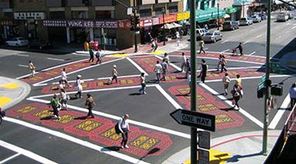
- For cars, no turning on red
- For pedestrians, no entering the intersection when there's green lights for cars
What I hadn't absorbed prior to reading more about these intersections is that at any given time the intersection should be either "all cars" or "all pedestrians". I just assumed that there was some sort of complex traffic algorithm that allocated specific time slots for cars and pedestrians in various patterns -- nope. Very simple: All cars, or all pedestrians. I think it will take awhile to get used to, especially for the pedestrians.
For example, today I was heading North on Glassell, and needed to turn West (left) on Palm. When the light turned green, I eased into the intersection and waited for a break in oncoming traffic in order to turn left as I normally would. In theory, I should no longer have to worry about pedestrians darting in front of me (in this case, crossing Palm from Bruxie towards the law school) but of course the pedestrians see the green light (for the cars) and figure they have the right of way and can race across, completely defeating the purpose. I'm sure we'll all figure it out eventually. In the meantime, be alert!



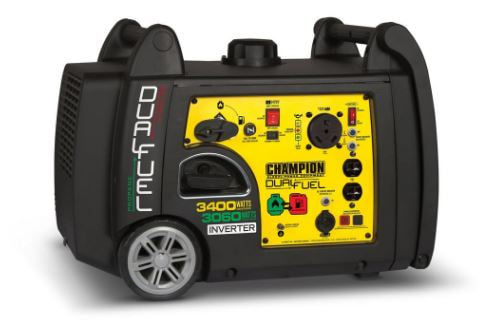
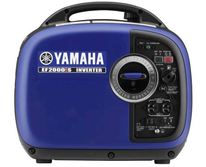
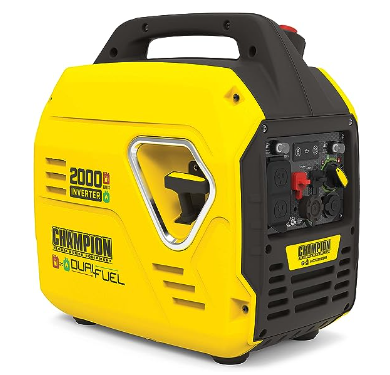
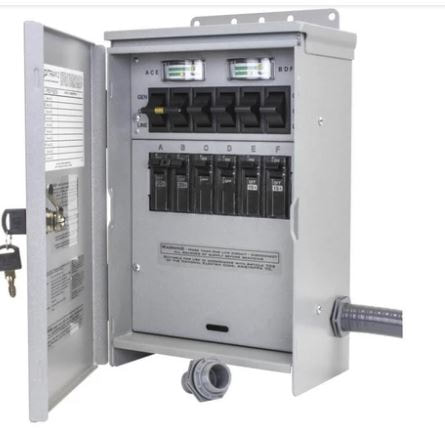
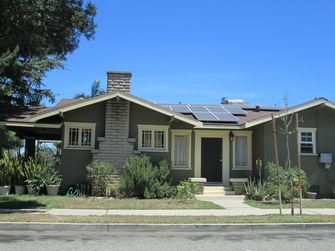

 RSS Feed
RSS Feed